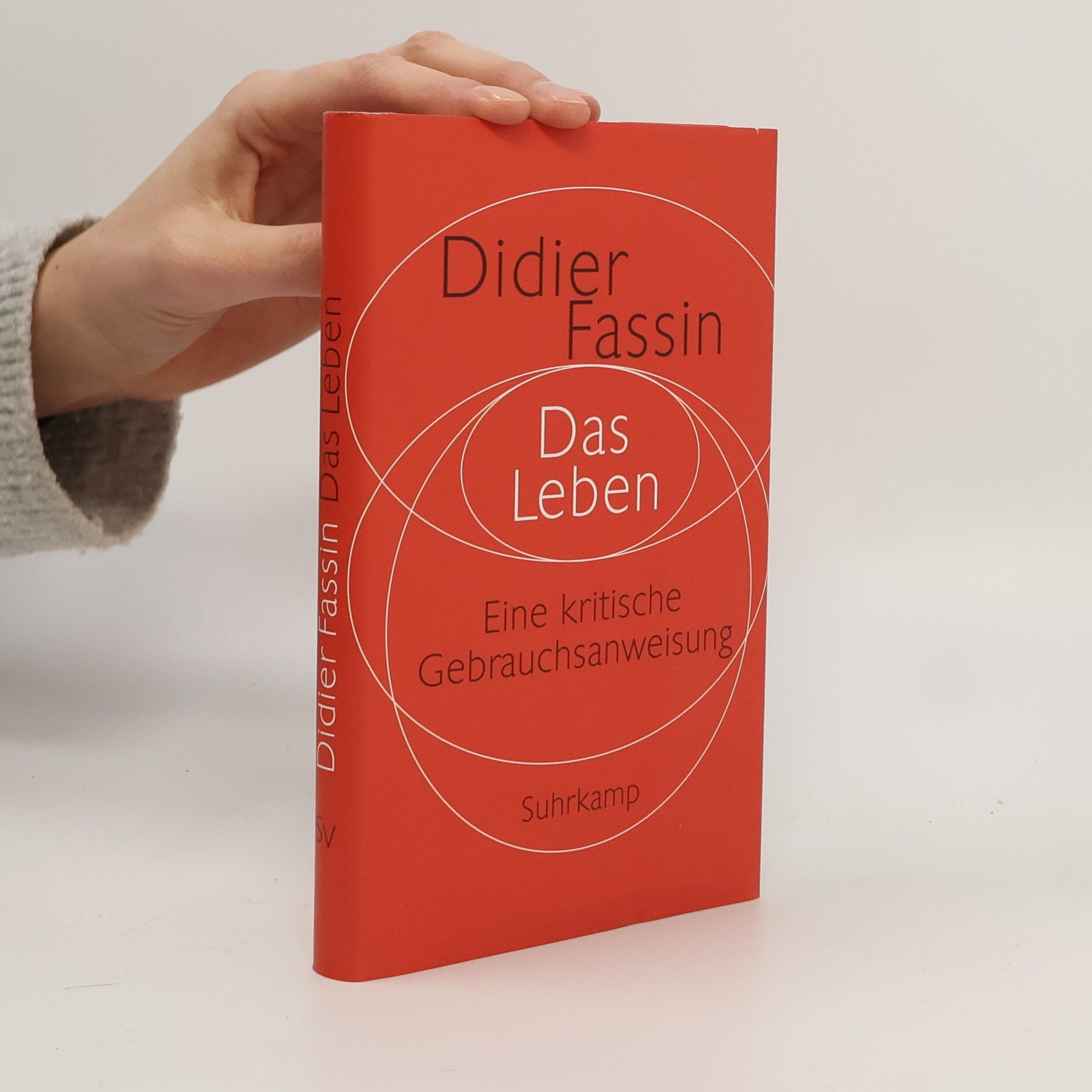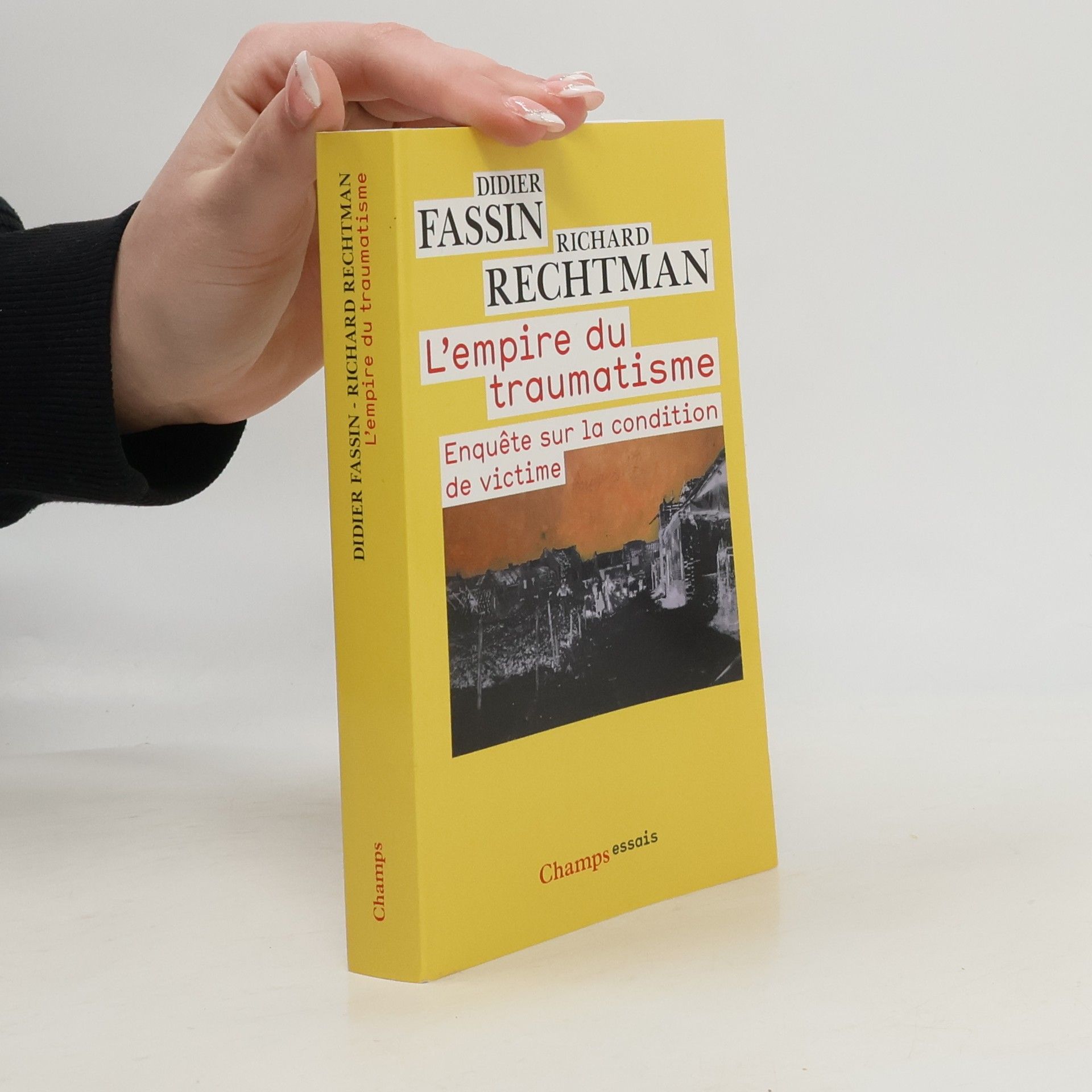Das Leben
Eine kritische Gebrauchsanweisung
Das Leben gilt, in Adornos Worten, seit der Antike als der eigentliche Bereich der Philosophie, die nach dem richtigen und guten Leben fragt. Seit etwas mehr als einem Jahrhundert ist das Leben aber auch zu einem Gegenstand der Sozialwissenschaften geworden. Der renommierte französische Mediziner, Anthropologe und Soziologe Didier Fassin regt in seinem faszinierenden Buch nun zu einem kritischen Dialog zwischen Philosophie und Sozialforschung an. Zur Debatte stehen dabei drei Konzepte: Die »Formen des Lebens« untersucht Fassin angesichts der widersprüchlichen Interpretationen von Ludwig Wittgensteins Begriff der Lebensform. Mit der »Ethik des Lebens« beschäftigt er sich unter Bezug auf Walter Benjamins Idee der Heiligkeit des Lebens als höchstem Gut. Und die »Politik des Lebens« erkundet Didier Fassin im Anschluss an Michel Foucaults Konzept der Biopolitik. Gestützt auf zahlreiche ethnografische Fallstudien, die zeigen, wie Leben in verschiedenen kulturellen und historischen Kontexten betrachtet und erfahren wird, entwickelt Fassin eine kritische Ethnologie gegenwärtiger Gesellschaften.


